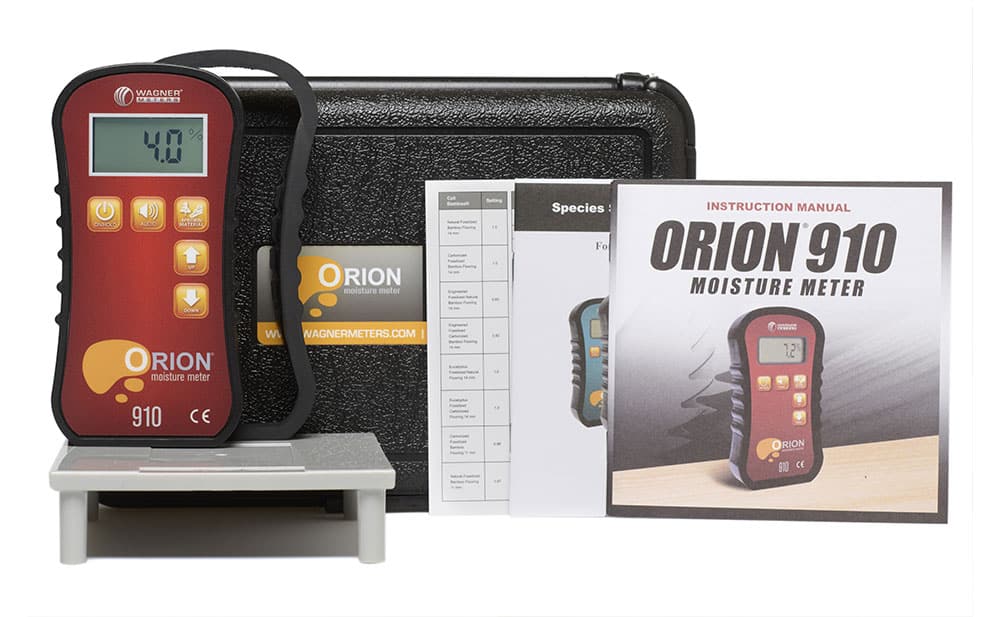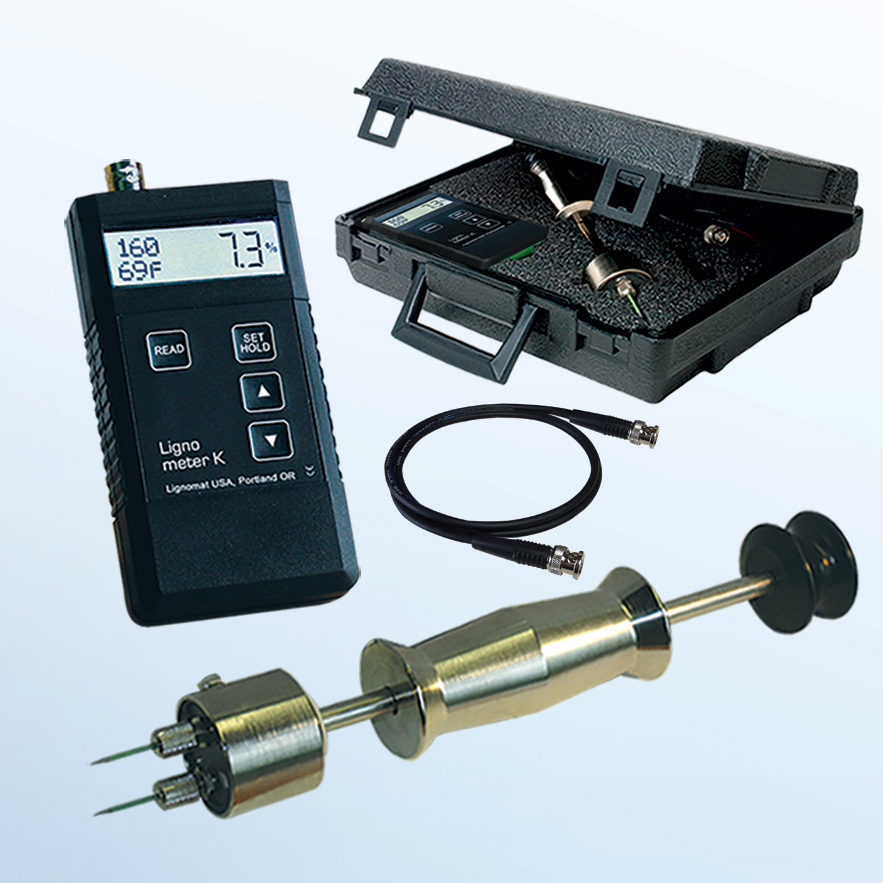The Ultimate Guide to Choosing the Right Moisture Meter for Your Needs
The Ultimate Guide to Choosing the Right Moisture Meter for Your Needs
Blog Article
The Ultimate Overview to Wetness Meters: A Comprehensive Introduction and Exactly How They Can Save You Cash
In the world of building upkeep, building, and numerous sectors, the importance of properly gauging wetness levels can not be overemphasized. Dampness meters offer as important tools in detecting and keeping track of moisture content in materials, assisting in stopping pricey problems and making certain the quality of products. Recognizing the subtleties of different kinds of dampness meters, their applications, and the prospective cost-saving benefits they provide can be a game-changer for organizations and professionals alike. Uncovering just how these gadgets can not just enhance procedures however additionally add to financial cost savings is a trip worth starting.
Sorts Of Wetness Meters
One common type is the pin-type moisture meter, which measures the electrical resistance between two pins inserted into a product. Pinless dampness meters, on the various other hand, usage electro-magnetic sensor plates to check a bigger area without causing damage to the material's surface.

Infrared wetness meters gauge the thermal buildings of a material to determine its dampness material non-invasively, making them valuable for applications where pin or pinless meters might not be suitable. Comprehending the different kinds of wetness meters available can assist industries choose the most appropriate device for their particular wetness dimension needs.

Benefits of Making Use Of Wetness Meters
Moisture meters supply indispensable benefits in precisely keeping an eye on and examining wetness degrees in diverse materials and settings. One of the key advantages of utilizing moisture meters is the prevention of possible damages triggered by excess wetness.
Additionally, using dampness meters can cause enhanced power efficiency. By determining locations with high dampness levels, such as leakages or poor insulation, modifications can be made to enhance power conservation and reduce utility costs. In agricultural setups, wetness meters play an important duty in optimizing crop returns by allowing farmers to monitor dirt moisture degrees and make notified irrigation decisions. Overall, the advantages of using dampness meters extend across numerous markets, providing economical services and advertising far better quality assurance practices.
Just How to Select the Right Moisture Meter
When picking a wetness meter, it's vital to make sure that the meter is suitable for the particular material you will be testing. Various products have differing electrical properties that can affect dampness readings, so selecting a meter designed for your material is essential for precise results. By very carefully evaluating these factors, you can pick a dampness meter that fulfills your requirements and provides exact dampness dimensions for your projects.
Appropriate Strategies for Dampness Meter Usage

Cost Financial Savings Through Moisture Meter Applications
How can the strategic use of dampness meters lead to substantial price financial savings across different markets? In the farming market, dampness meters aid in establishing the optimum time for gathering crops, protecting against excess or over-drying wetness that can influence the last product's top quality.
Likewise, in building and construction, wetness meters help protect against pricey problems by discovering dampness degrees in building products, such as wood or concrete, which can cause architectural problems if not attended to promptly. By determining problem areas at an early blog stage, professionals can take corrective procedures to prevent considerable repair work or replacements, eventually saving time and cash.
Moreover, in the food processing sector, dampness meters are necessary for keeping an eye on item high quality and making sure conformity with security laws. By properly gauging moisture material in food items, makers can avoid perishing, keep freshness, and minimize waste, causing significant expense savings. Generally, the tactical application of moisture meters is a beneficial financial investment that can lead to considerable cost reductions and boosted performance throughout various industries.
Conclusion
Finally, wetness meters are beneficial tools for spotting and determining dampness degrees in various products. By making use of the ideal moisture meter and complying with proper techniques, individuals can successfully stop pricey damages triggered by excess dampness. Investing in a top quality dampness meter can cause considerable cost savings over time by identifying prospective problems early and enabling prompt remediation. Ultimately, moisture meters are essential instruments for keeping the integrity and longevity of materials and frameworks.
this link
Moisture meters serve as essential tools in identifying and keeping track of moisture web content in materials, aiding in protecting against expensive problems and making certain the top quality of products. Infrared dampness meters gauge the thermal buildings of a product to establish its moisture material non-invasively, making them valuable for applications where pin or pinless meters might not be suitable.Wetness meters offer invaluable advantages in accurately evaluating and monitoring moisture levels in varied materials and settings. In agricultural settings, dampness meters play a critical role in optimizing plant yields by enabling farmers to keep track of dirt moisture levels and make informed Extra resources watering decisions.In final thought, moisture meters are important tools for measuring and discovering moisture levels in different products.
Report this page